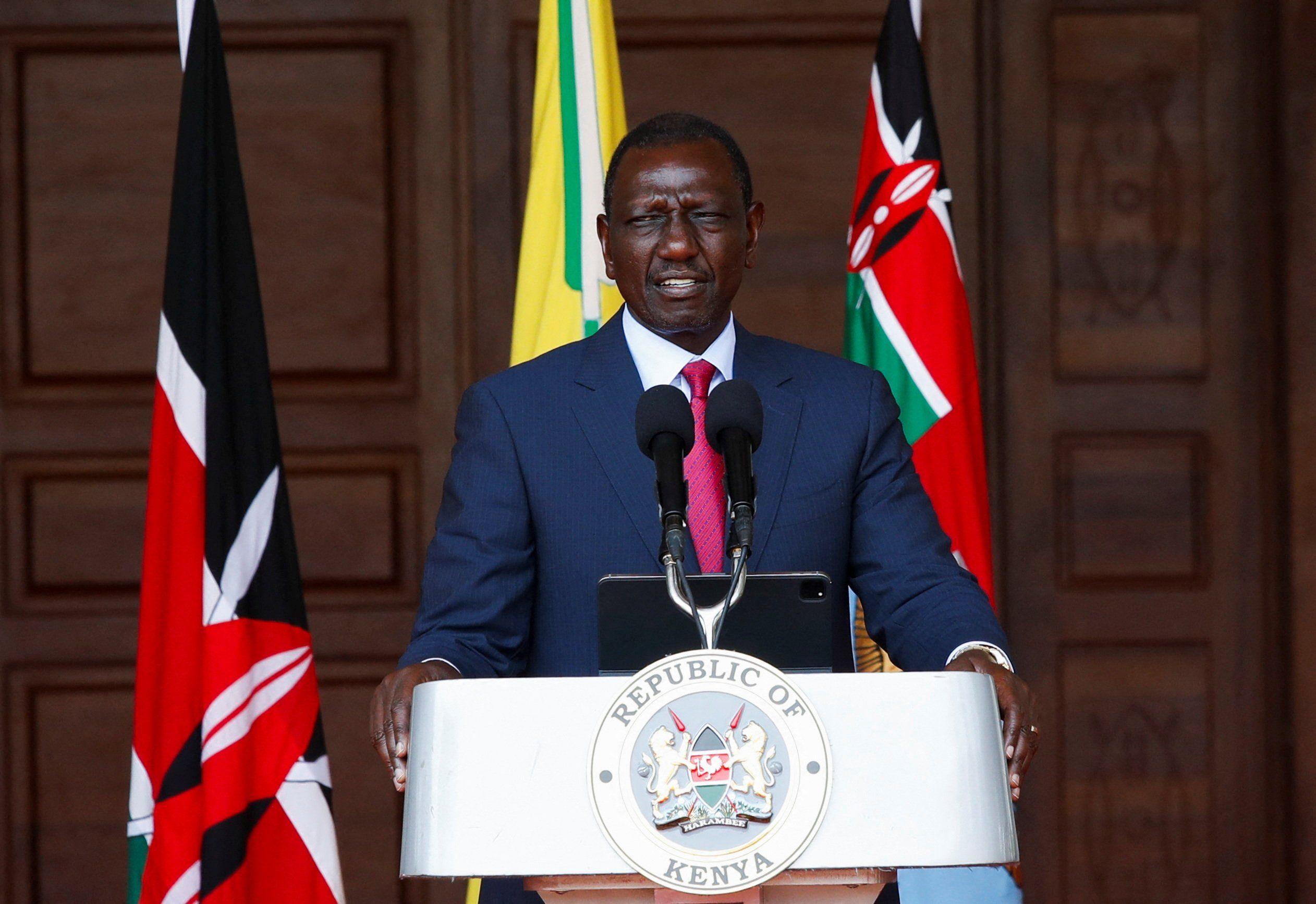In the wake of mass protests over proposed tax increases that turned deadly last month, Kenyan President William Ruto fired the bulk of his cabinet on Thursday, signaling that he’s willing to make radical changes.
Protests broke out in June in response to a finance bill passed by parliament to raise over $2 billion in taxes. The demonstrators brought chaos to Nairobi, killing 39 people and breaching the nation’s parliament building. The violence forced Ruto to abandon the bill, and he’s been implementing a series of measures to reduce government spending. With his cabinet reshuffle — he sacked all but his deputy president and prime cabinet secretary — Ruto hopes to quell angry protests calling for his resignation by showing he’s listening and willing to be more flexible.
Ruto said he would “immediately engage in extensive consultations across different sectors and political formations, with the aim of setting up a broad-based government,” which could mean the possible inclusion of opposition parties in the new government.
What now? Cash-strapped Kenya will be forced to dig into other country’s pockets, widening their already worrisome foreign deficit amid a worsening cost-of-living crisis. And although protesters celebrated this as a victory, Kenyans have demonstrated that they are happy to take to the streets when they’re unhappy.
Eurasia Group analyst Imani Jaoko explains this may be enough to stop the protests, but one “can’t rule out the prospect that future missteps could galvanize the protesters ... who seem pleasantly surprised by their newfound power and are keen to build on it.”
